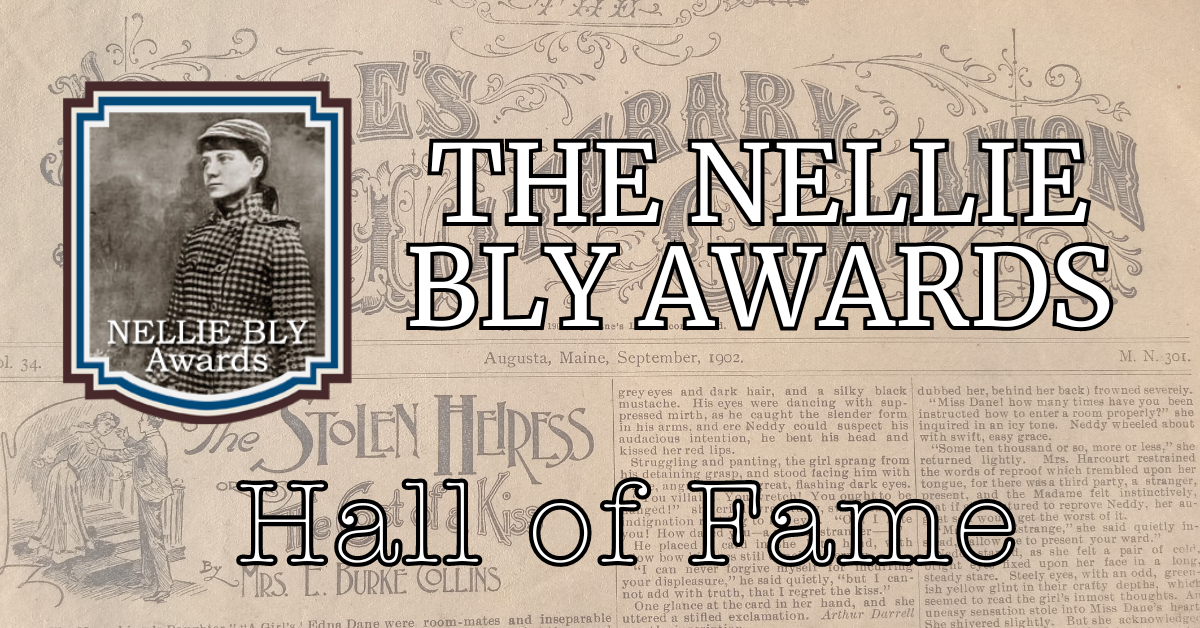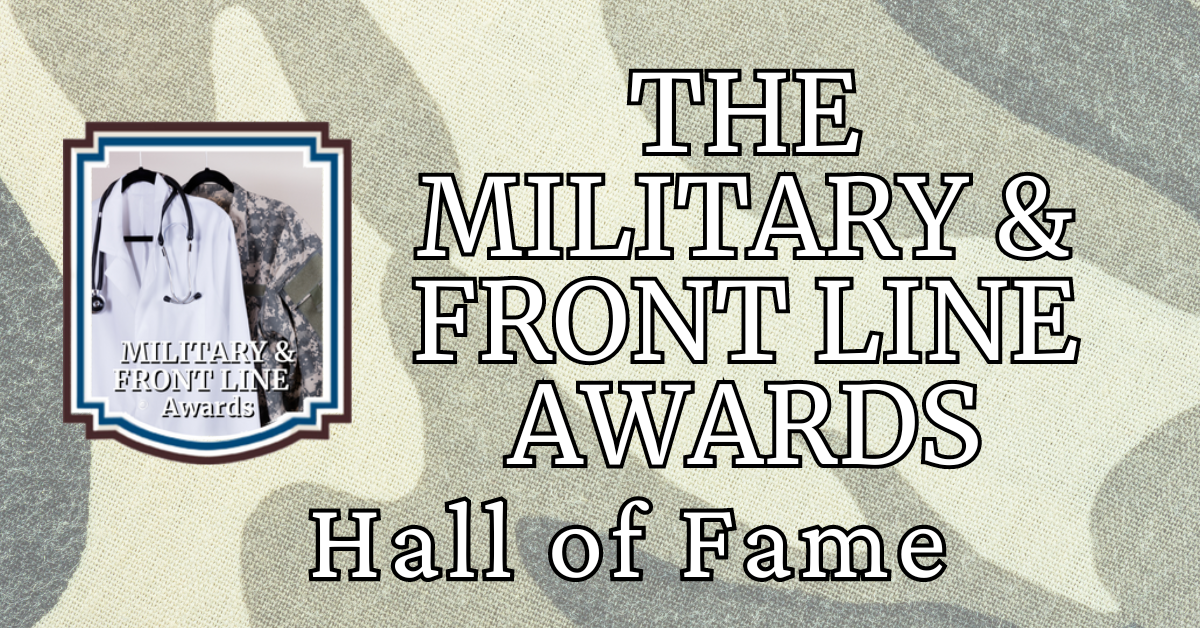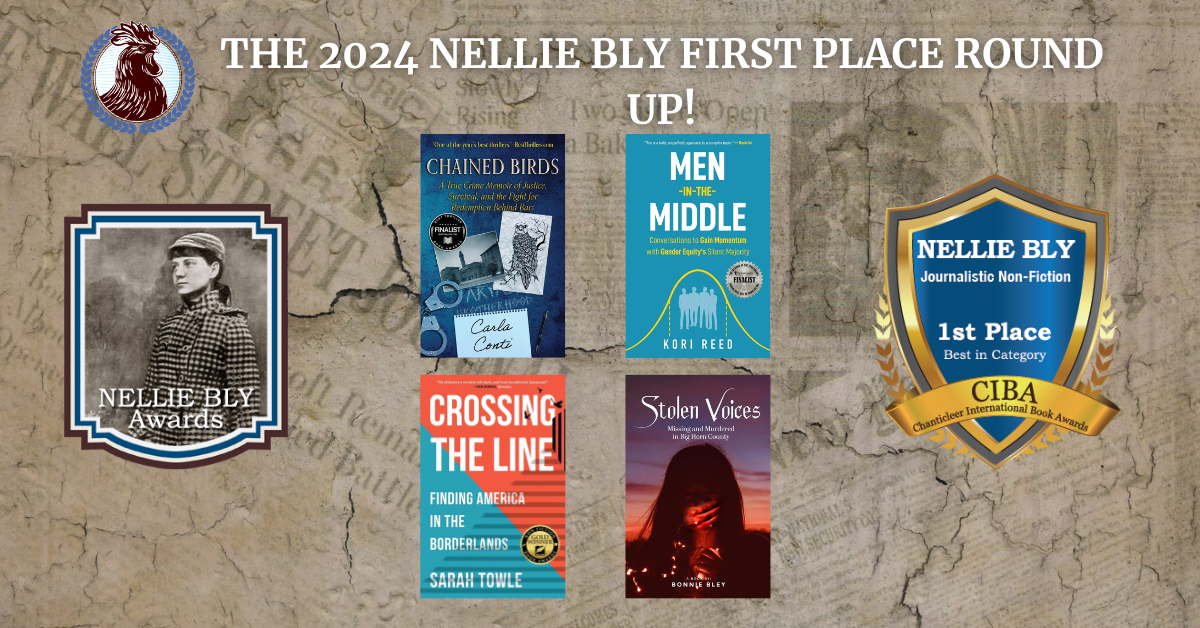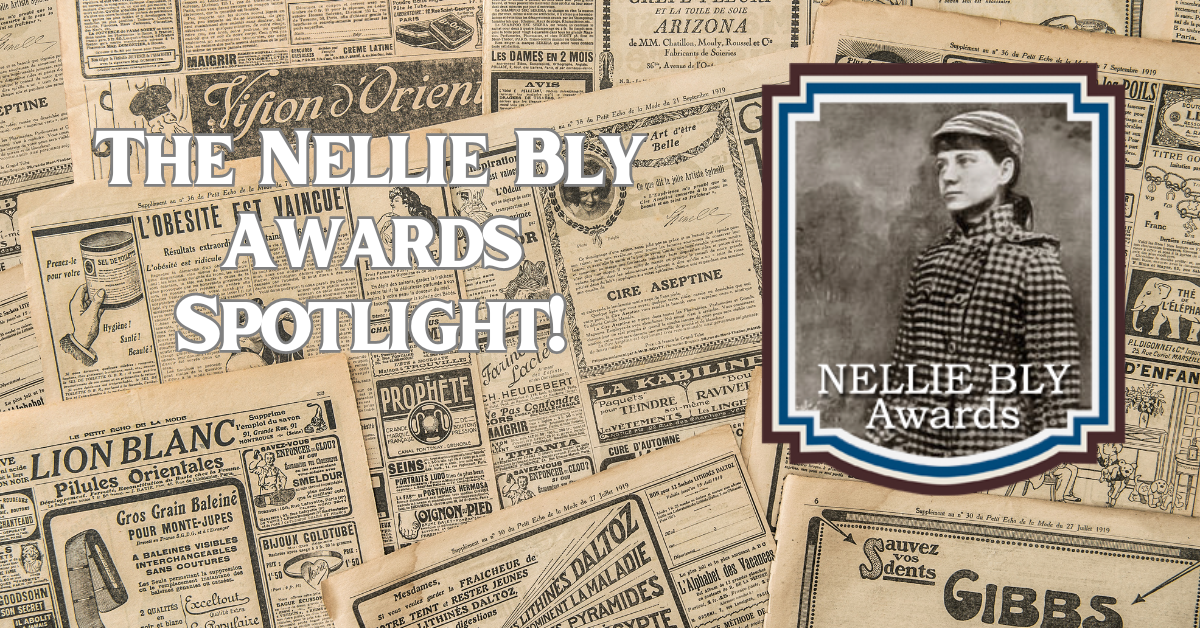|
Listen to or download this article:
|

Where History Comes Alive on the Page
The Goethe Awards Celebrate Late Historical Fiction Excellence
The submissions for the 2025 Awards are underway, and Goethe closes on August 31, 2025!
From the elegant ballrooms of the Regency era to the trenches of the Great War, from Victorian drawing rooms to the tumultuous changes of the early 20th century, the Goethe Awards celebrate the rich tapestry of late historical fiction. Named for the great German writer who understood that literature must capture the spirit of its age, these awards honor authors who bring post-1750s history to vivid, authentic life.
Late historical fiction occupies a unique space in literature: close enough to our modern world that we can trace the roots of contemporary society, yet distant enough to feel like stepping into another universe entirely. These are the periods that shaped our current world: the rise of industrial society, the emergence of modern democracy, the birth of contemporary romance, and the social movements that defined human progress.
The Art of Bringing Recent History to Life
Writing compelling late historical fiction requires a delicate balance of thorough research and engaging storytelling. Authors must master not just the major historical events, but the daily details that make a world feel authentic—how people dressed, spoke, courted, worked, and dreamed. The best late historical fiction doesn’t just tell us what happened; it helps us understand how it felt to live through transformative periods of human history.
These stories resonate with modern readers because they explore themes that remain relevant today: social class struggles, religious freedom, women’s rights, immigration, and the eternal human desires for love, family, and belonging. Whether set in Napoleonic England or Jazz Age America, these novels illuminate both how much the world has changed and how much human nature remains constant.
The research required for excellent late historical fiction is extraordinary! Authors often spend years studying everything from period clothing to social customs, from political movements to technological innovations, ensuring that every detail serves both historical accuracy and narrative power.
Celebrating Our 2024 Grand Prize Winner!

We’re delighted to honor Alina Rubin, whose moving novel Abigail’s Song claimed the 2024 Goethe Grand Prize with a beautifully crafted story set in 1809 England. The novel follows orphaned Abigail Jones, who after losing her mother and being cast out on Christmas Eve, finds refuge with medical student Oli Higgins (born David Fridman), who is hiding his Jewish identity to pursue his profession. Through Oli’s devout, loving Jewish family, Abigail discovers both belonging and her musical talents.

Rubin masterfully explores the complex social dynamics of early 19th-century England, particularly the challenges faced by religious minorities and the rigid class structures that determined life opportunities. As Abigail grows up caught between worlds, “not Christian enough for the Gentiles, but as a non-Jew, she has no hope of marrying David.” The novel examines themes of identity, belonging, and the healing power of music that resonate across centuries. In addition to ongoing promotional features, Abigail’s Song will be regularly promoted throughout the year and for the next five years in our upcoming Hall of Fame posts. Alina Rubin will also be invited to participate in a Chanticleer 10-Question Interview, and Abigail’s Song will receive a coveted Chanticleer Editorial Review.
Categories That Span the Modern Historical Era
The Goethe Awards welcome historical fiction across the transformative periods of recent history:
- Regency & Georgian – The elegant world of Jane Austen and beyond, featuring social refinement and romantic complexity
- Turn of the Century – The pivotal period when the 19th century gave way to the modern world
- 20th Century – The dynamic decades that shaped contemporary society (excluding wartime, which belongs to Hemingway)
- World/International History – Global perspectives on historical events and cultural movements
- U.S. History – American stories from the colonial period through modern times
- 1830s-1900s, Victorian Era & Edwardian – The height of empire, industrial revolution, and social transformation
Each category represents a different window into the forces that created our modern world, from intimate personal stories to sweeping social movements.
Explore All Historical Fiction Divisions
The Goethe Awards are part of Chanticleer’s comprehensive celebration of historical fiction across all time periods:
- Chaucer Awards for Early Historical Fiction – Ancient times through medieval periods, capturing the distant past
- Hemingway Awards for 20th Century Wartime Fiction – The World Wars and military conflicts of the modern era
- Laramie Awards for Americana Fiction – First Nation stories, The American frontier, pioneer tales, Civil War narratives, and contemporary westerns
Whether your historical fiction spans ancient civilizations or recent decades, Chanticleer offers a home for every period and perspective.
Looking at Historical Excellence
Check out some of these outstanding late historical fiction works we’ve celebrated recently!

Tsarina’s Jewels
By Jerena Tobiasen
Viscount Simon Nightingale-Temple seeks a life of peace with his beloved Mary after the harrowing years of the Bolshevik Revolution. But in Tsarina’s Jewels, the second book in Jerena Tobiasen’s The Nightingale and Sparrow Chronicles, Simon is dragged back into global conflict through his very family.
While serving in the British Embassy in Petrograd, Simon witnessed firsthand that bloody revolution and the assassination of the Tsar’s family—all but one daughter, Grand Duchess Maria Nikolaevna, the beautiful woman who became his wife.
Maria, “Mary”, hides in plain sight among the British aristocracy, and the couple hope to settle into their lives with Simon’s parents. However, soon after his return, the highest levels of the British government force Simon into service for the newly minted MI6. Under threat of being blamed entirely for the Romanov family’s execution, Simon has no choice but to accept.
Little does Simon know he’ll soon be spying on his own brother.

Sea Tigers & Merchants
By Sandra Wagner-Wright
A Goethe and Series First Place Winner!
Two families vie for power in mercantile 18th-century Salem. Sea Tigers and Merchants, the second book in Sandra Wagner-Wright’s Salem Stories series, returns to a world of treacherous storms, tantalizing wealth, and the demands of high society on its children.
Elias Hasket Derby, Sr. has kept his promise to his wife Eliza—they rule Salem. Hasket’s merchant ships bring in great fortune, while Eliza holds court as the most influential woman in the city’s social spheres. And their ambitions have grown to meet their station. Hasket launches his riskiest endeavor—the Grand Turk, a ship so massive she’s nearly too heavy to be pulled out of the docks. Meanwhile Eliza, snubbed by George Washington’s stay at another family’s mansion, insists they build a house so grand it will put all others to shame.
Such success, of course, draws the envious eye of Hasket’s competitor.
The Crowninshield family has an uphill battle before them. The patriarch, George, Sr., is unable to employ all his own sons as captains of his small fleet—leaving them to work for their uncle Hasket. But George shares Hasket’s ambition. With the support of his wife, Hasket’s sister Mary, he builds greater ships of his own. If only he could get his eldest sons to follow his wishes, all his goals would fall into place.

If Someday Comes
By David Calloway
The 2023 Goethe Grand Prize Winner!
David Calloway’s moving historical fiction, If Someday Comes: A Slave’s Story of Freedom, tells the true story of his great-grandfather George Calloway, born into slavery on January 8, 1829. in Cleveland, Tennessee.
It is a tale of determination, perseverance, and achievement before and during the Civil War. If Someday Comes covers George’s final years in slavery; detailed accounts of the Civil War and its impacts on George and his family, both Black and White.
It is a family saga of survival and endurance.
The story begins in Cleveland, Tennessee, March 6th, 1857. We meet George and his family, his wife Elizabeth, their infant daughter Baby Caroline, and the stratified world of slavery in which they live. Thomas Howard Calloway (Marsa Thom), is their White owner who owns the East Tennessee and Georgia Railroad, the South’s only copper mines, and the local bank. He is one of Cleveland’s prominent town leaders.

The Last Dahomey Warrior
By Dr. Amy Holda Gueye
The Last Dahomey Warrior by Dr. Amy Holda Gueye is the gripping story of a group of fearless and feared female soldiers of the Dahomey kingdom—and the young girl who withstands grave peril to stand among them.
At age 11, Nanissa becomes the youngest candidate ever chosen to be one of the legendary Dahomey Akodgjie, an all-female elite class of warriors who protect their king and the Kingdom of Dahomey (now Benin).
Left in the sacred forest with no weapons or food, Nanissa must survive ten days to earn her place on the path to becoming a Dahomey warrior. She encounters dangers during her test, but by listening to the voice of her mother she not only survives but is endowed by the spirit of the Leopard, which serves her well in battles to come.
Nanissa learns to listen to more than just the teachings of her mother. The Queen Mother, Ahosi, who trains the Akodgjie warriors also serves as mentor to the young warrior. “Observe carefully, learn quickly, listen more, speak less…If you can learn what one does not say, memorize what one never teaches, and trust your gut, the voice right here in your chest… then you will make an excellent warrior.”
Before Nanissa faces her first battle as a young woman, the Chief of a smaller tribe comes to the Palace with word that the French are coming—prepared for battle with armor and rifles.
These works demonstrate how the best historical fiction combines meticulous research with compelling storytelling to transport readers across time.
See the Chanticleer Difference for Yourself!

We’re excited about all the exceptional historical fiction we receive every year for both the CIBAs and for our Editorial Reviews. The Chanticleer International Book Awards offers an incredible $30,000 in cash, prizes, and promotion across all divisions!
The Goethe Awards recognize the extraordinary research and storytelling skill required to bring recent history to authentic life. Whether you’ve spent years researching Victorian social customs, Georgian political movements, or early 20th-century cultural changes, these awards celebrate both your historical scholarship and narrative artistry.
Your Historical Vision Awaits Recognition
Great late historical fiction doesn’t just recreate the past—it helps us understand how we became who we are today. Whether your story explores the drawing rooms of Regency England, the immigrant experience in turn-of-the-century America, or the social transformations of the early 1900s, the Goethe Awards celebrate the authors who make history feel immediate and alive.
Bring your historical vision to life—the deadline is August 31, 2025!

You know you want it…
Submit to the Goethe Awards today and help us celebrate the artistry of late historical fiction!









Leave A Comment